AARP Hearing Center

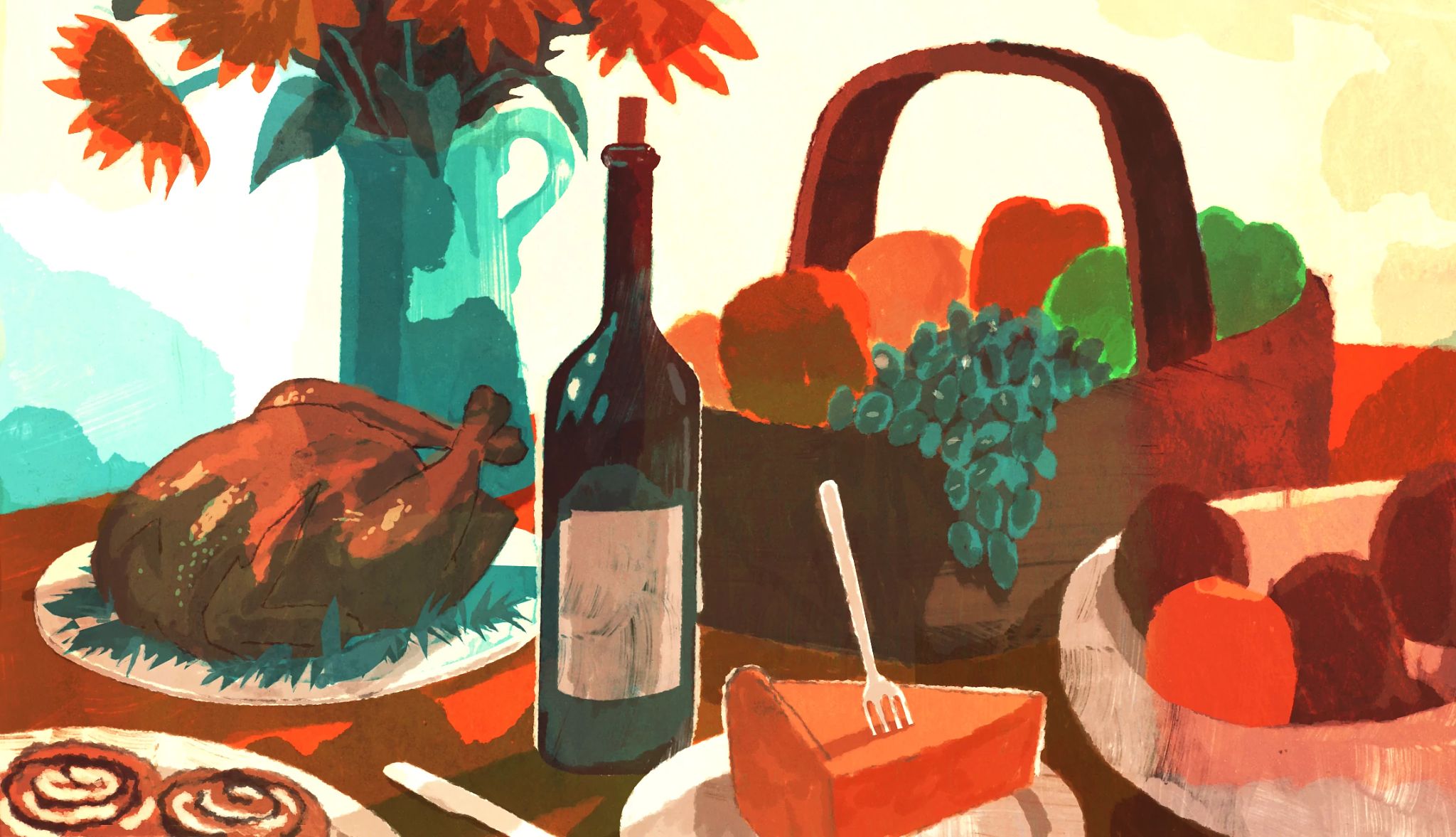
Jump to chapters
Chapter 31
Luke
As February passed and gradually wound down, Sophia edged toward graduation, while the ranch inched toward its inevitable foreclosure. Luke’s winnings in the first three events had bought his mother and him another month or two before they defaulted, but at the end of the month his mother quietly began to approach their neighbors, exploring their interest in buying her out.
Sophia was beginning to worry concretely about her future. She hadn’t heard from either the Denver Art Museum or MoMA yet, and she wondered whether she’d find herself working for her parents and living in her old bedroom. Similarly, Luke was having a hard time sleeping. He worried about his mother’s options in the area and wondered how he could help support her until she landed something viable. For the most part, however, neither of them wanted to talk about the future. Instead, they tried to focus on the present, seeking comfort in each other’s company and the certainty of the way they felt about each other. By March, Sophia was showing up at the ranch on Friday afternoons and staying until Sunday. Often she spent Wednesday nights there as well. Unless it was raining, they spent most of their time on horseback. Sophia usually assisted Luke with his farm duties, but occasionally she’d keep his mother company instead. It was the kind of life he’d always envisioned for himself...and then he’d remember that it was coming to an end and there was nothing he could do to stop it.
+++
One evening in mid-March, when the first hint of spring was noticeable in the air, Luke took Sophia to a club featuring a popular country-western band. Across the scuffed wooden table, he watched her grip her beer, her foot tapping along with the music.
“You keep that up,” he said, nodding toward her foot, “and I’ll think you like this music.”
“I do like this music.”
He smiled. “You’ve heard that joke, right? About what you get when you play country music backwards?”
She took a swallow of her beer. “I don’t think so.”
“You get your wife back, you get your dog back, you get your truck back...”
She smirked. “That’s funny.”
“You didn’t laugh.”
“It wasn’t that funny.”
That made him laugh. “You and Marcia still getting along?”
Sophia tucked a loose strand of hair behind her ear. “It was kind of awkward at first, but it’s almost back to normal.”
“Is she still dating Brian?”
She snorted. “No, that ended when she found out he was cheating on her.”
“When did this happen?”
“A couple of weeks ago? Maybe a little more?”
“Was she upset?”
“Not really. By then, she was already seeing another guy, too. He’s only a junior, so I’m not thinking it’s going to last.”
Luke picked absently at the label on his bottle of beer. “She’s an interesting girl.”
“She’s got a good heart,” Sophia insisted.
“And you’re not mad about what she did?”
“I was. But I’m over it.”
“Just like that?”
“She made a mistake. She didn’t mean to hurt me. She’s apologized a million times. And she came through when I needed her. So yes, just like that. I’m over it.”
“Do you think you’ll keep in contact with her? After you graduate?”
“Of course. She’s still my best friend. And you should like her, too.”
“Why’s that?” He cocked an eyebrow.
“Because without her,” she said, “I never would have met you.”
+++
A few days later, Luke accompanied his mom to the bank to propose a renegotiated payment plan that would allow them to keep the ranch. His mom presented a business plan that included selling nearly half the ranch, including the Christmas tree grove, the pumpkin patch, and one of the pastures, assuming a buyer could be found. They’d decrease the herd by a third, but according to her calculations, they’d be able to meet the reduced payments on the loan.
Three days later, the bank formally rejected the offer.
+++
One Friday night at the end of the month, Sophia showed up at the ranch, visibly upset. Her eyes were red and swollen and her shoulders slumped in despair. Luke put his arms around her as soon as she reached the porch.
“What’s wrong?”
He heard her sniff, and when she spoke, her voice shook. “I couldn’t wait any longer,” she said. “So I called the Denver Art Museum and I asked if they’d had a chance to review my application. They said that they had and that the internship had already been filled. And the exact same thing happened when I called MoMA.”
“I’m sorry,” he said, rocking her in his arms. “I know how much you were hoping for one of them.”
Finally, she pulled back, anxiety etched on her face. “What am I going to do? I don’t want to go back to my parents. I don’t want to work at the deli again.”
He was about to tell her that she could stay here with him for as long as she wanted, when he suddenly remembered that wasn’t going to be possible, either.
+++
In early April, Luke watched his mom give a tour of the property to three men. He recognized one of them as a rancher near Durham. They’d talked once or twice at cattle auctions and Luke didn’t have any sense of the man, though it was obvious even from a distance that his mom didn’t much care for him. Whether it was a personal dislike or the fact that the loss of the ranch was getting closer to reality, Luke couldn’t tell. The other two, he suspected, were either relatives or business partners.
That night over dinner, his mom said nothing about it. And he didn’t ask.
+++
Although Luke had ridden in only three of the first seven events of the year, he’d earned enough points to find himself in fifth place by the cutoff date—enough to qualify him for the major league tour. The following weekend, in Chicago, there was an event with enough prize money at stake to keep the ranch afloat until the end of the year, assuming he rode as well as he had at the start of the season.
Instead, he kept his word to both Sophia and his mom. The mechanical bull in the barn stayed covered, and another rider went on to the big tour in his place, no doubt dreaming of winning it all.
+++
“Any regrets?” Sophia asked him. “About not riding this weekend?”
On a whim, they’d driven to Atlantic Beach beneath a blue and cloudless sky. At the shore, the breeze was cool but not biting, and the beach was peppered with people walking or flying kites; a few intrepid surfers were riding the long, rolling waves to shore.
“None,” he said without hesitation.
They walked a few steps, Luke’s feet slipping in the sand. “I’ll bet you would have done okay.”
“Probably.”
“Do you think you could have won?”
Luke thought for a moment before answering, his eyes fixed on a pair of porpoises gliding through the water.
“Maybe,” he said. “But probably not. There are some pretty talented riders on the circuit.”
Sophia came to a stop and looked up at Luke. “I just realized something.”
“What’s that?”
“When you were riding in South Carolina? You said you’d drawn Big Ugly Critter in the finals.”
He nodded.
“You never told me what happened.”
“No,” he said, still watching the porpoises. “I guess I didn’t, did I?”
+++
A week later, the three men who’d toured the ranch returned, then spent half an hour in his mom’s kitchen. Luke suspected they were presenting an offer of some sort, but he didn’t have the heart to go over and find out. Instead, he waited until they were gone. He found his mom still sitting at the kitchen table when he entered.
She looked up at him without saying anything.
Then she simply shook her head.
+++
“What are you doing next Friday?” Sophia asked. “Not tomorrow, but the one after that?” It was a Thursday night, just a month shy of graduation, the first—and probably last—time Luke would find himself at a club surrounded by a gaggle of sorority girls. Marcia was there, too, and though she’d greeted Luke, she was far more interested in the dark-haired boy who’d met them there. He and Sophia practically had to shout to be heard over the relentless bass of the music.
“I don’t know. Working, I guess,” he said. “Why?” “Because the department chair, who also happens to be my adviser, snagged me invitations to an art auction and I want you to come.”
He leaned over the table. “Did you say art auction?”
“It’s supposed to be incredible, a once-in-a-lifetime thing. It’ll be held at the Greensboro Convention Center and it’s being run by one of the big auction houses from New York. Supposedly, some obscure guy from North Carolina accumulated a world-class collection of modern art. People are flying in from all over the world to bid. Some of the artwork is supposed to be worth a fortune.”
“And you want to go?”
“Hello? It’s art? Do you know the last time an auction of this caliber occurred around here? Never.”
“How long’s it going to last?”
“I have no idea. I’ve never been to an auction before, but just so you know, I’m going. And it would be nice if you came along. Otherwise, I’m going to have to sit with my adviser, and I know for a fact that he’s bringing along another professor from the department, which means they’ll spend the whole time talking to each other. And let’s just say if that happens, I’ll probably be in a bad mood and might have to stay at the sorority house all weekend just to recover.”
“If I didn’t know you better, I’d say you were threatening me.”
“It’s not a threat. It’s just . . . something to keep in mind.”
“And if I keep it in mind and still say no?”
“Then you’re going to be in trouble, too.”
He smiled. “If it’s important to you, I wouldn’t miss it for the world.”
+++
Luke wasn’t sure why he hadn’t noticed before, but it struck him at some point that getting started on the day’s work had become more and more difficult as time passed. The maintenance work on the ranch had begun to suffer, not because it wasn’t important, he realized, but because he had little motivation. Why replace the sagging porch railings at his mom’s place? Why fill in the sinkhole that had formed near the irrigation pump? Why fill in the potholes in the long gravel drive that had grown deeper over the winter? Why do anything when they weren’t going to be living here much longer?
He’d supposed that his mom had been immune to those sorts of feelings, that she had a strength he hadn’t inherited, but as he’d ridden out to check the cattle that morning, something about his mom’s property had caught his attention, and he had pulled Horse to a stop.
His mother’s garden had always been a source of pride to her. Even as a toddler, he could remember watching as she readied it for the spring planting or weeded it with painstaking care during the summer, harvesting the vegetables at the end of a long day. But now, as he looked out at what should have been straight, neat rows, he realized that the plot was overrun by weeds.
+++
“Okay, so about this Friday.” Sophia rolled over in bed to face him. “Keep in mind that it’s an art auction.” It was only two days away, and he tried to come across as properly attentive.
“Yes. You told me.”
“Lots of rich people there. Important people.”
“Okay.”
“I just wanted to make sure you weren’t planning to wear your hat and boots.”
“I figured.”
“You’re going to need a suit.”
“I have a suit,” he said. “A nice one, in fact.”
“You have a suit?” Her eyebrows shot up.
“Why do you sound so surprised?”
“Because I can’t imagine you in a suit. I’ve only ever seen you in jeans.”
“Not true.” He winked. “I’m not wearing any jeans now.”
“Get your mind out of the gutter,” she said, not wanting even to acknowledge his comment. “That’s not what I’m talking about and you know it.”
He laughed. “I bought a suit two years ago. And a tie and a shirt and shoes, if you must know. I had to go to a wedding.”
“And let me guess. That’s the only time you’ve ever worn it, right?”
“No,” he said, shaking his head. “I wore it again.”
“Another wedding?” she asked.
“A funeral,” he said. “A friend of my mom’s.”
“That was my second guess,” she said, hopping out of bed. She grabbed the throw blanket, wound it around herself, and tucked in the corner like a towel. “I want to see it. Is it in your closet?”
“Hanging on the right . . .” He pointed, admiring her shape in the makeshift toga.
She opened the closet door and pulled out the hanger, taking a moment to inspect it. “You’re right,” she said. “It’s a nice suit.”
“There you go, sounding all surprised again.”
Still holding the suit, she looked over at him. “Wouldn’t you be?”
+++
In the morning, Sophia returned to campus while Luke rode off to inspect the herd. They’d made plans for him to pick her up the following day. To his surprise, he found her sitting on his porch when he got home later that afternoon.
She was clutching a newspaper, and when she faced him, there was something haunted in her expression.
“What’s wrong?” he asked.
“It about Ira,” she said. “Ira Levinson.”
It took a second for the name to come back to him. “You mean the guy we rescued from his car?”
She held out the newspaper. “Read this.”
He took the paper from her and scanned the headline, which described the auction that was to take place the next day.
Luke furrowed his brow, puzzled.
“This is an article about the auction.”
“The collection is Ira’s,” she said.
+++
It was all there in the article. Or a lot of it was, anyway. There were fewer personal details than he would have expected, but he learned a bit about Ira’s shop, and the article noted the date of his marriage to Ruth. It mentioned that Ruth had been a schoolteacher and that they’d begun to collect modern art together after the end of World War II. They’d never had children.
The remainder of the article concerned the auction and the pieces that were going to be offered, most of which meant nothing to Luke. It concluded, however, with a line that gave him pause, affecting him the same way it had Sophia.
Sophia brought her lips together as he reached the end of the article.
“He never made it out of the hospital,” she said, her voice soft. “He died from his injuries the day after we found him.”
Luke raised his eyes to the sky, closing them for a moment. There was nothing really to say.


























































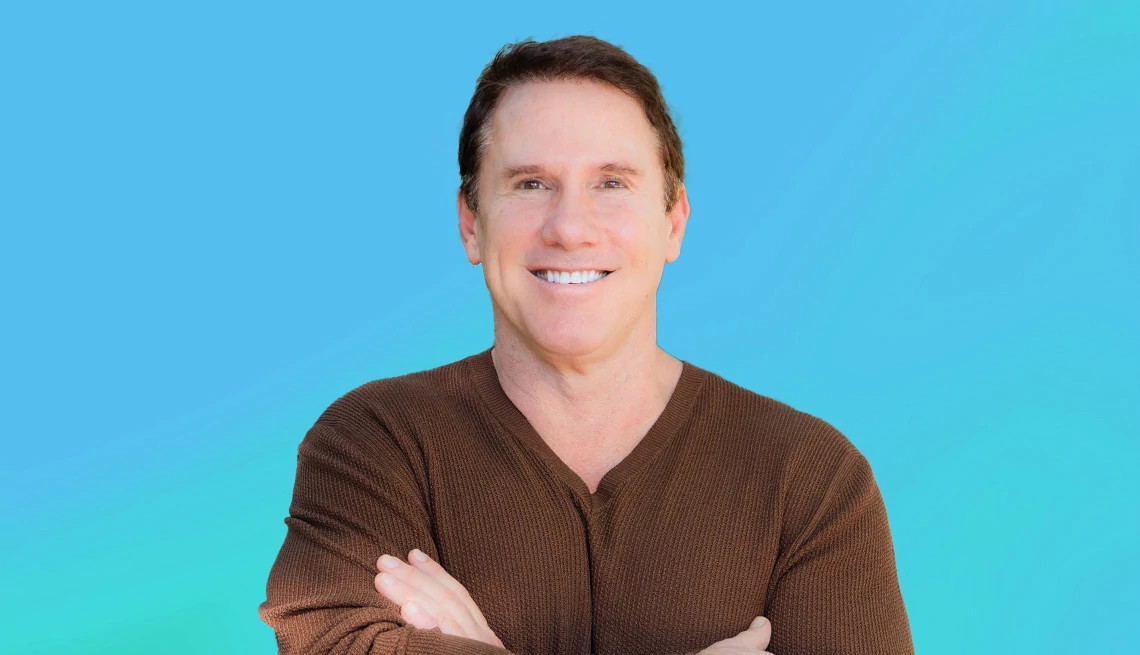.jpg?crop=true&anchor=0,0&q=80&color=ffffffff&u=lywnjt&w=1140&h=655)
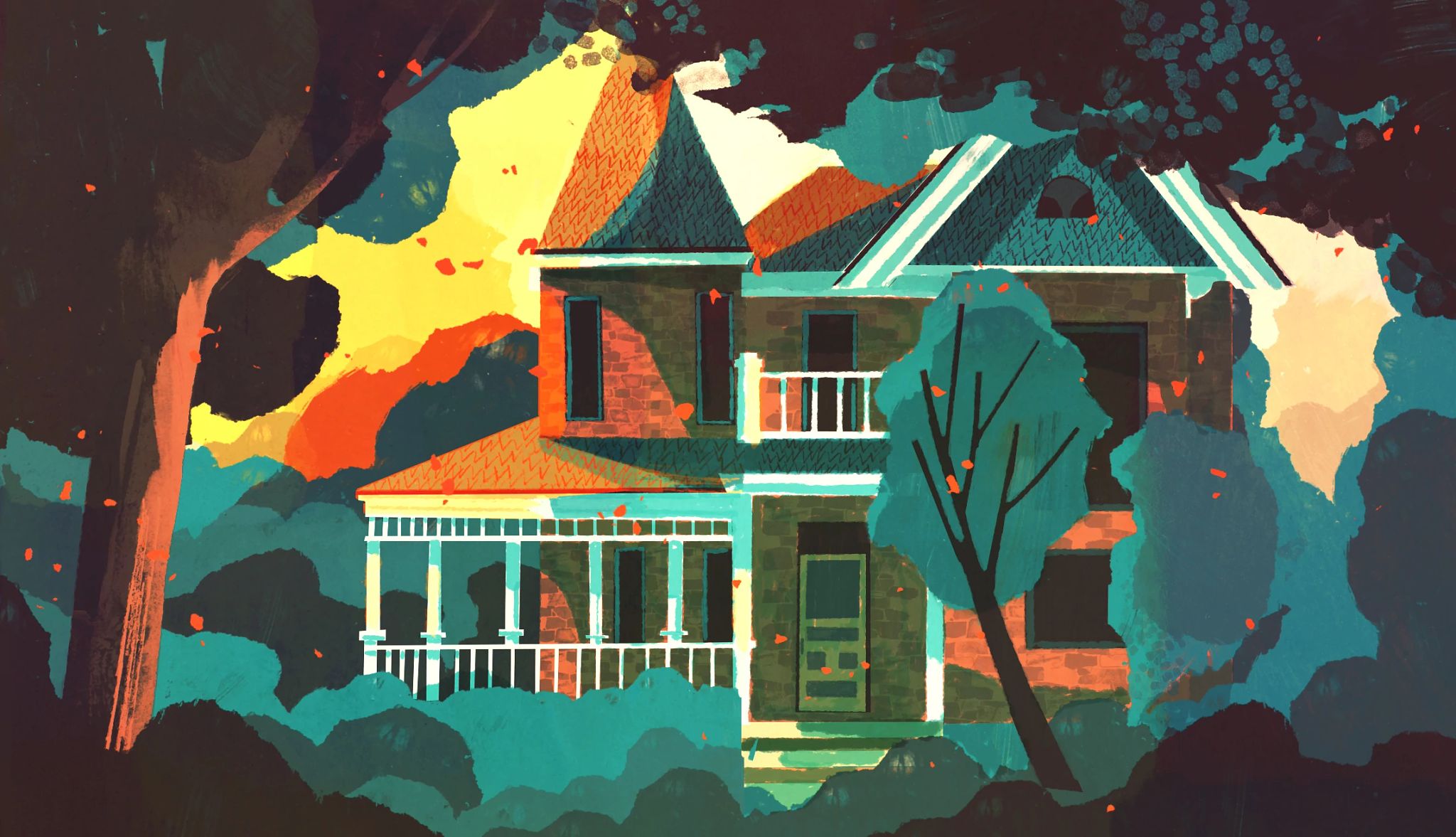
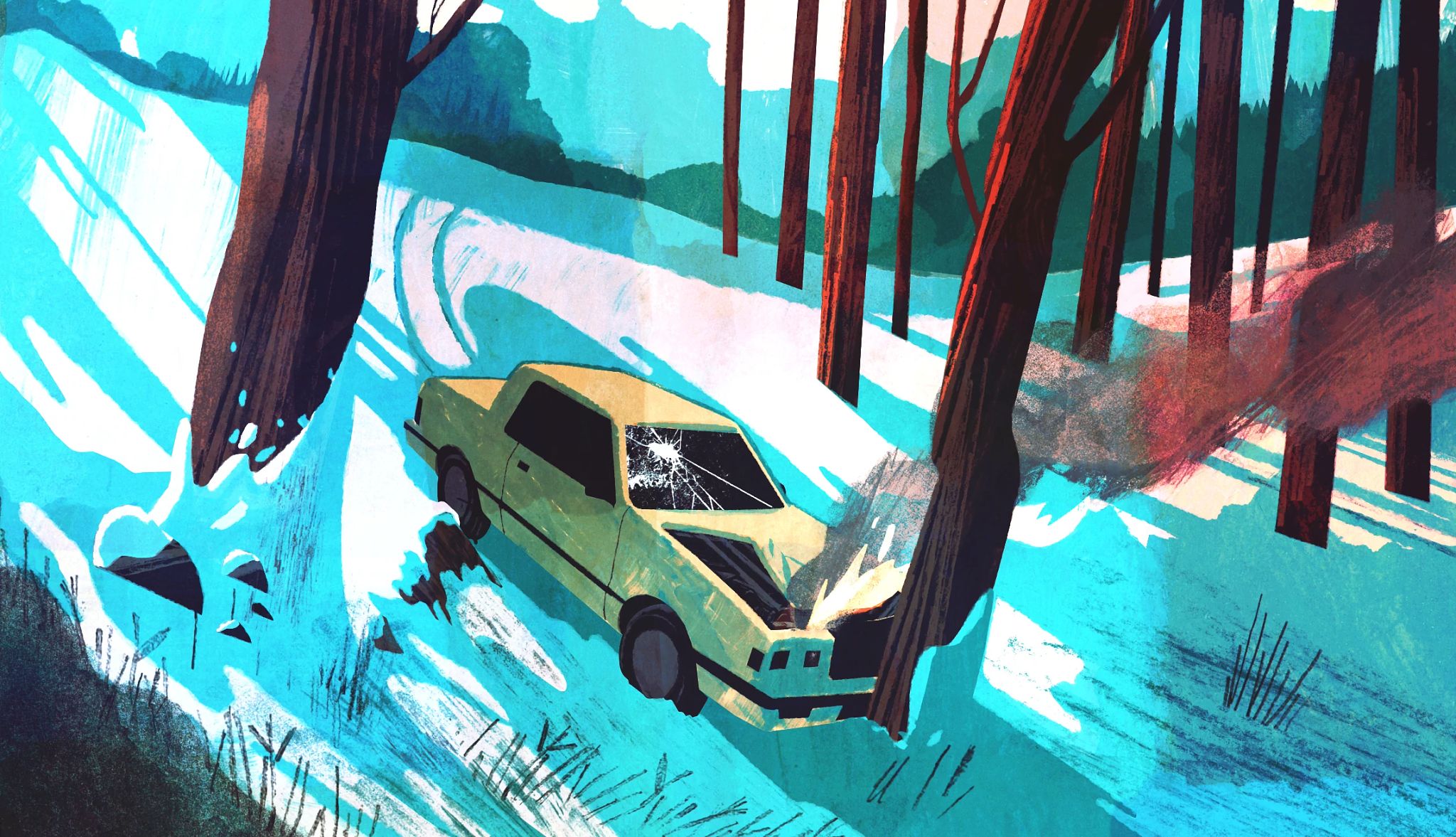
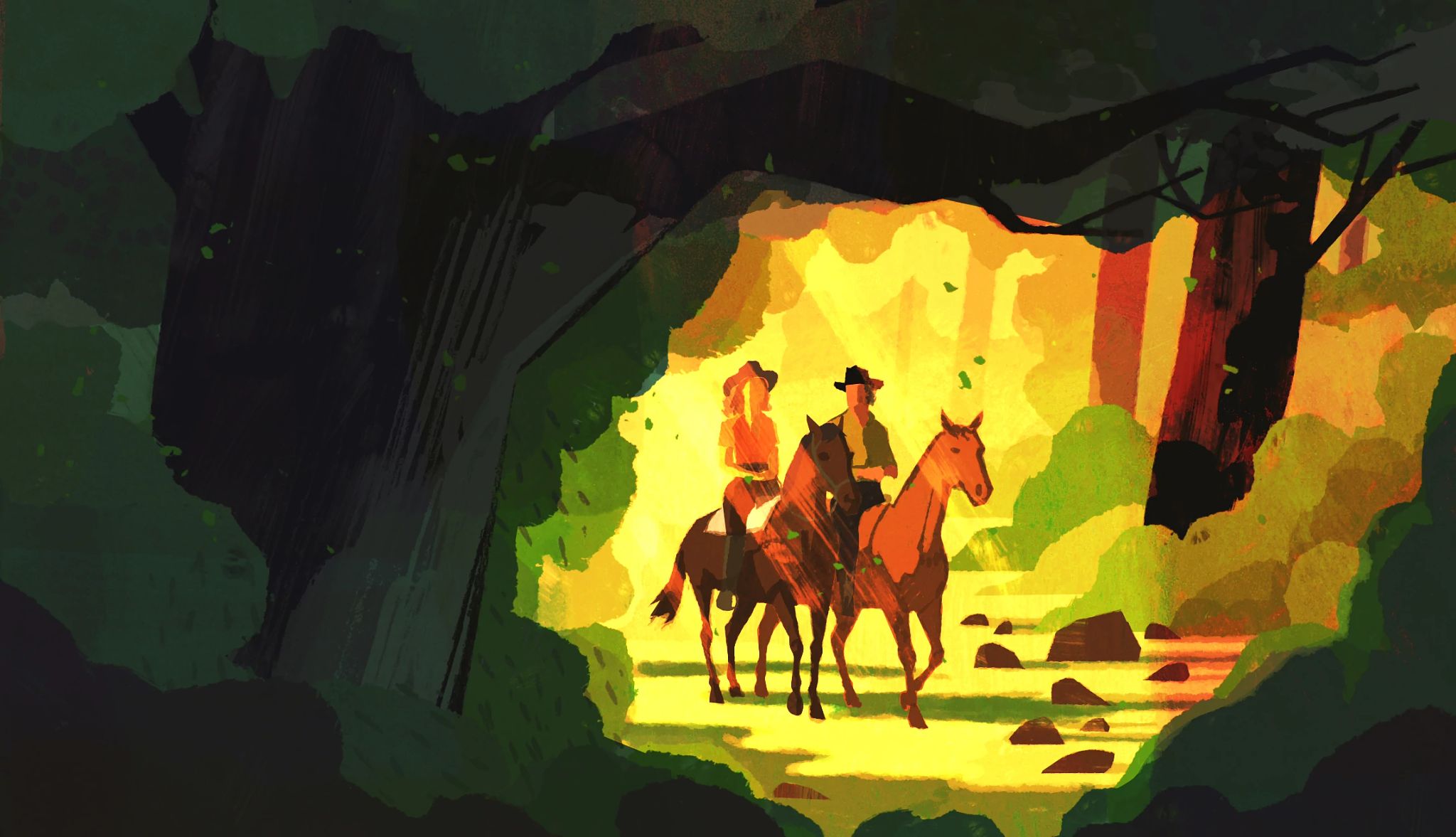
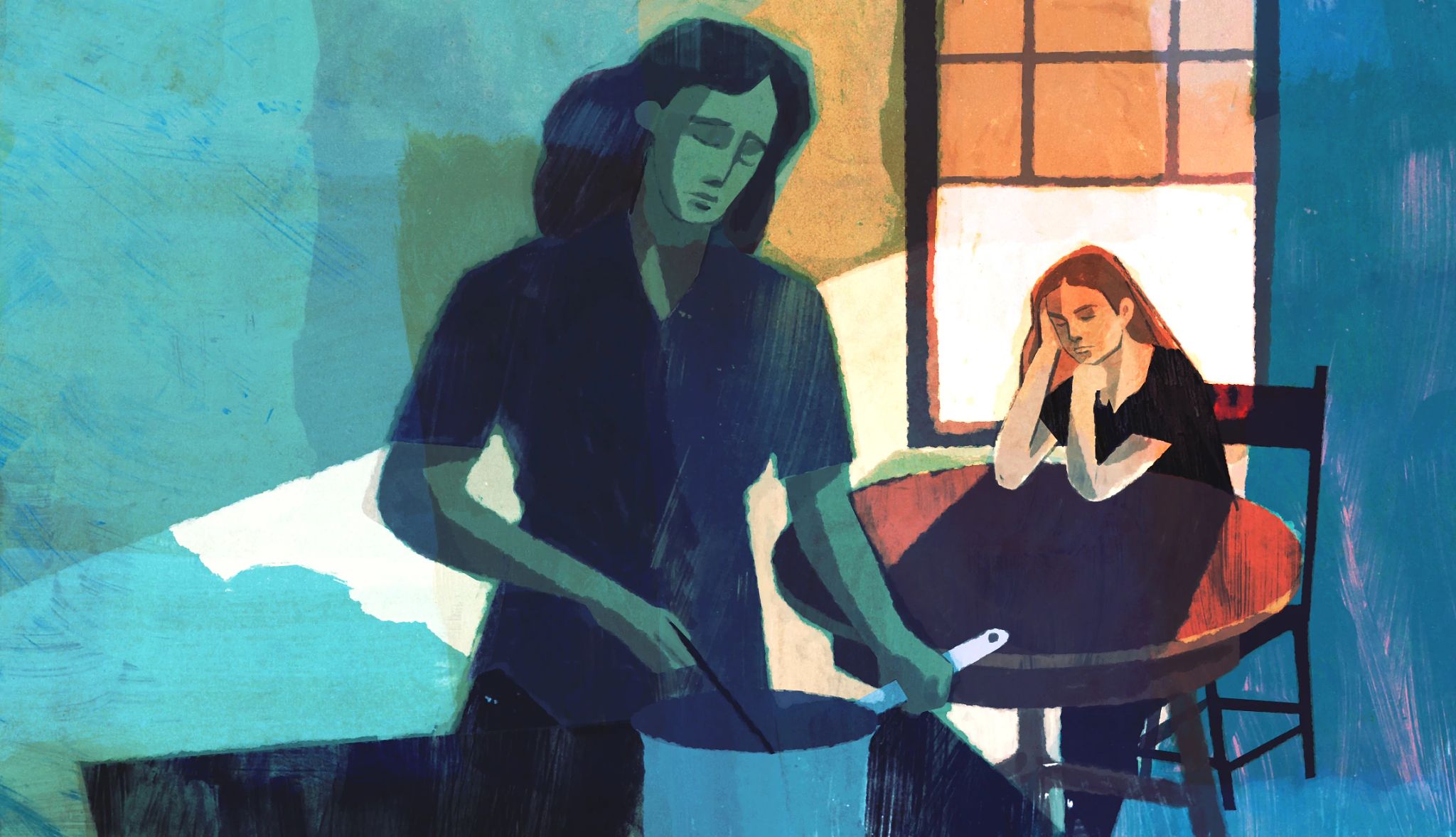
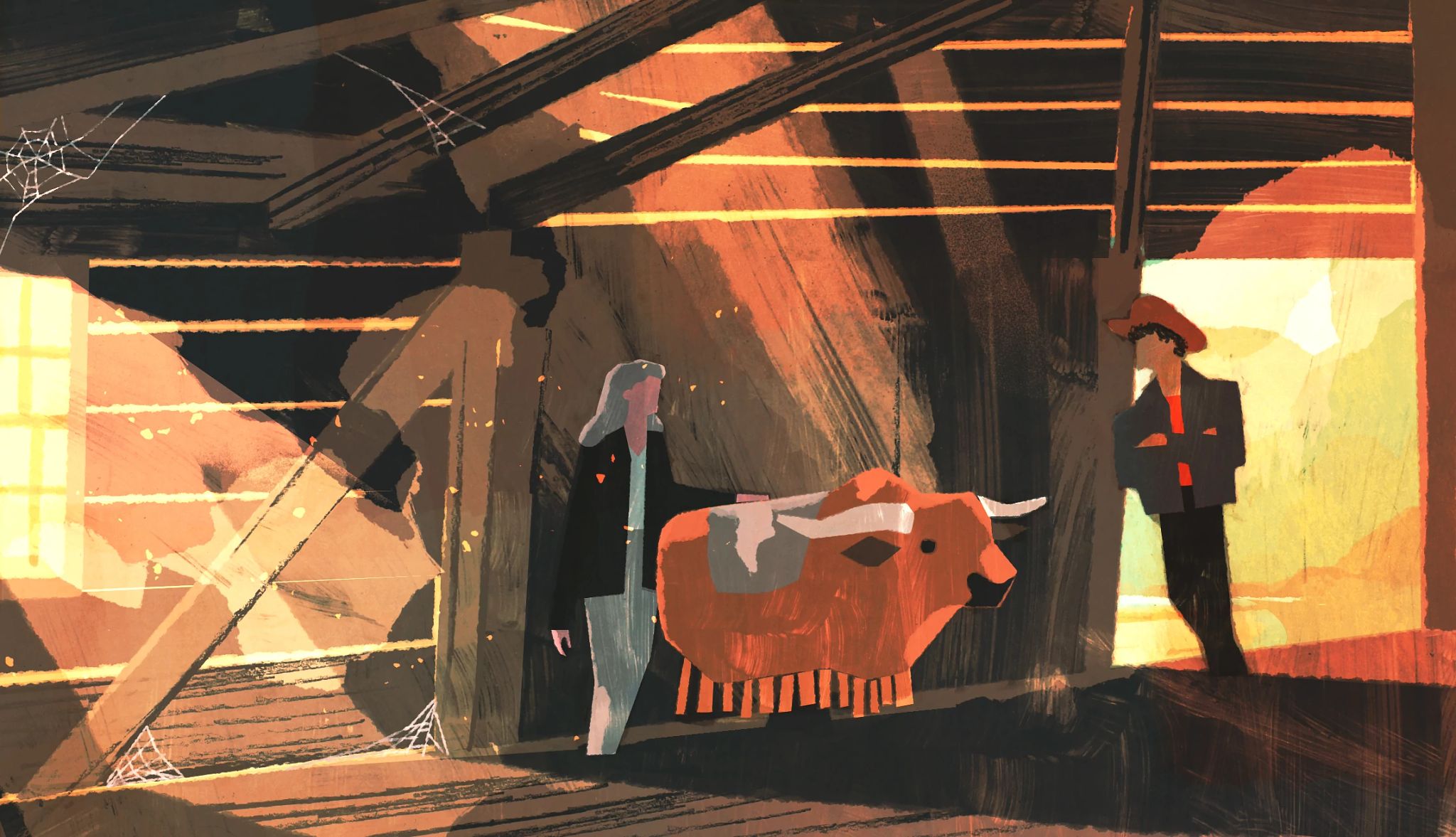
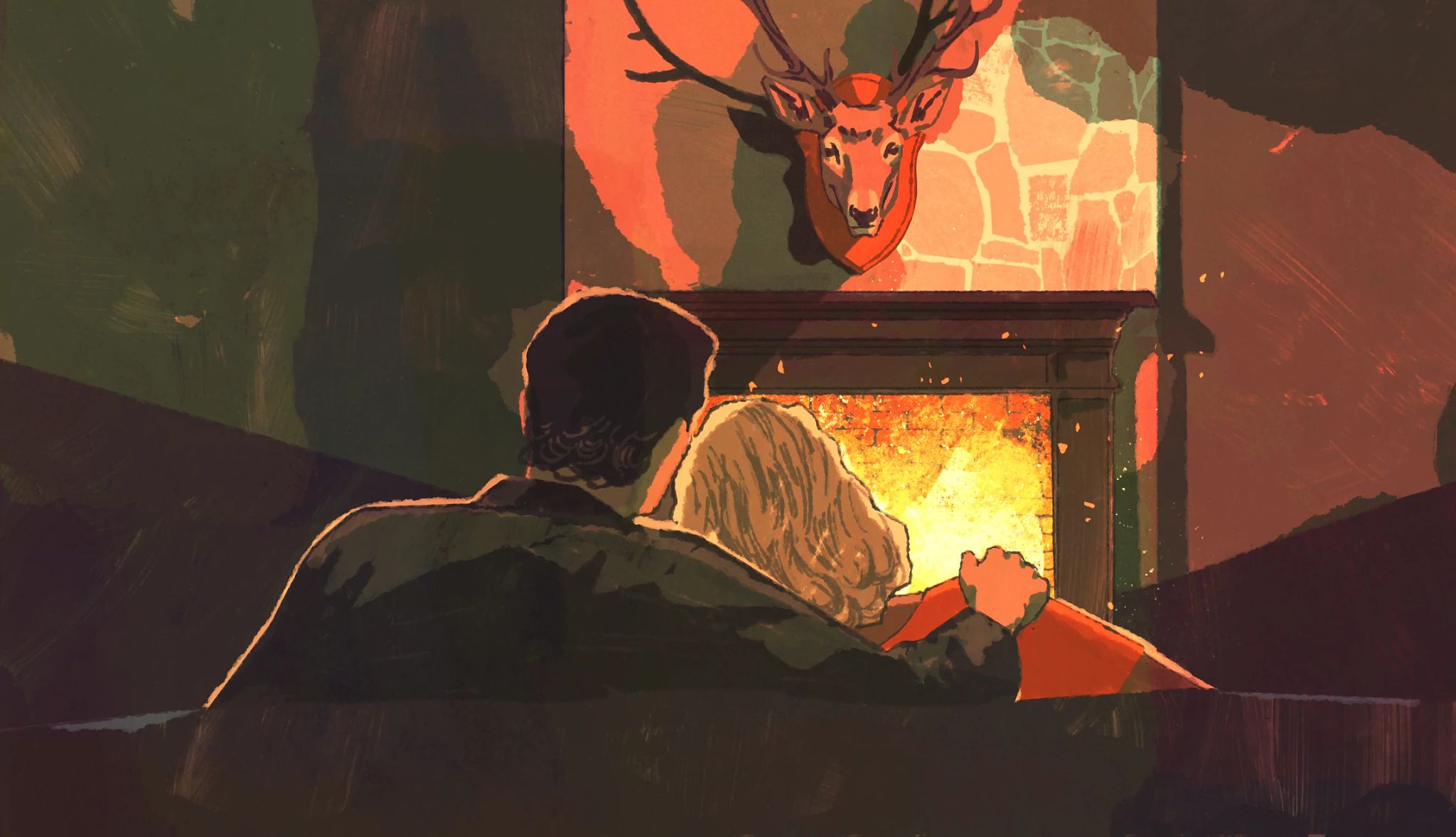
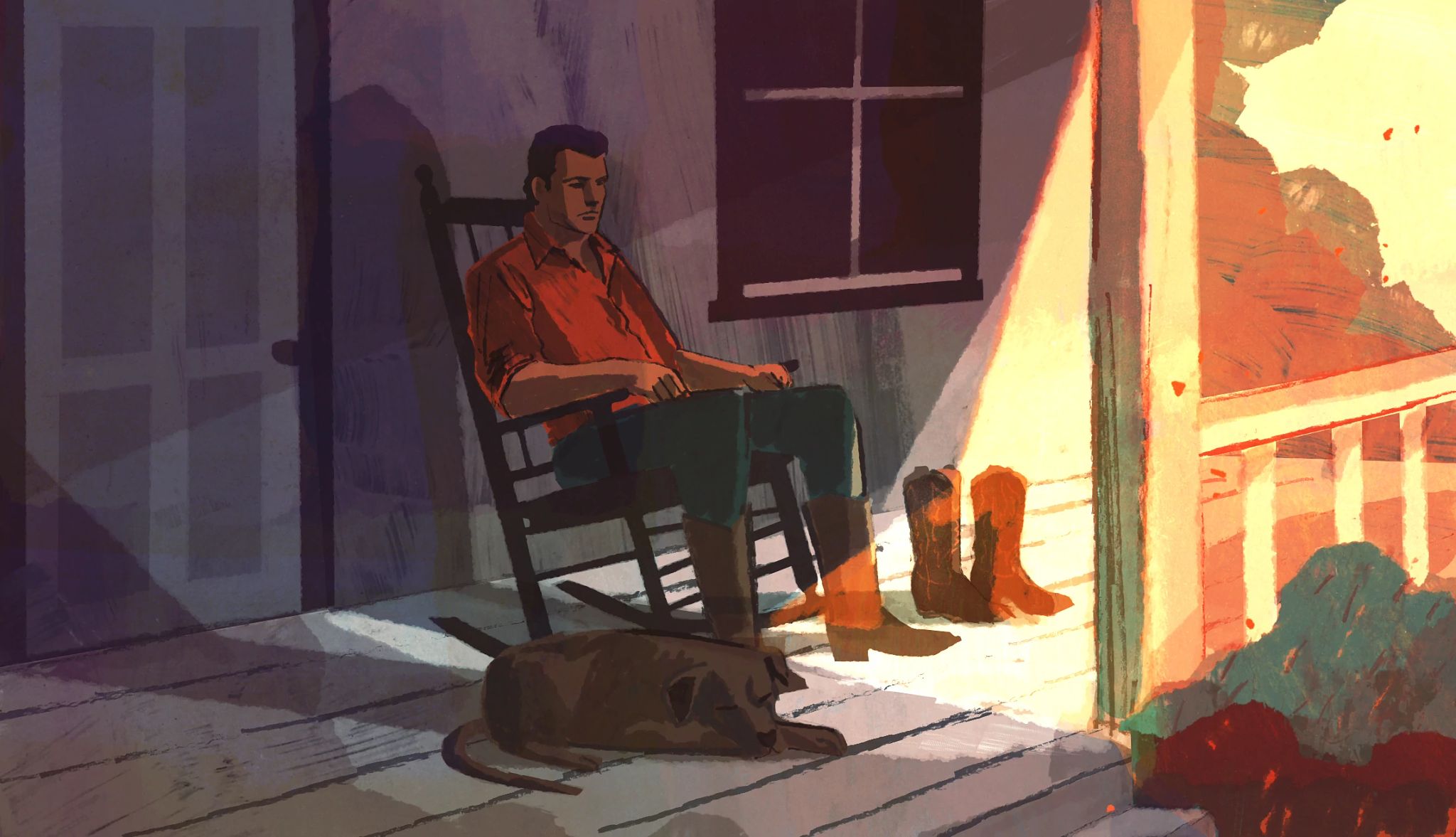

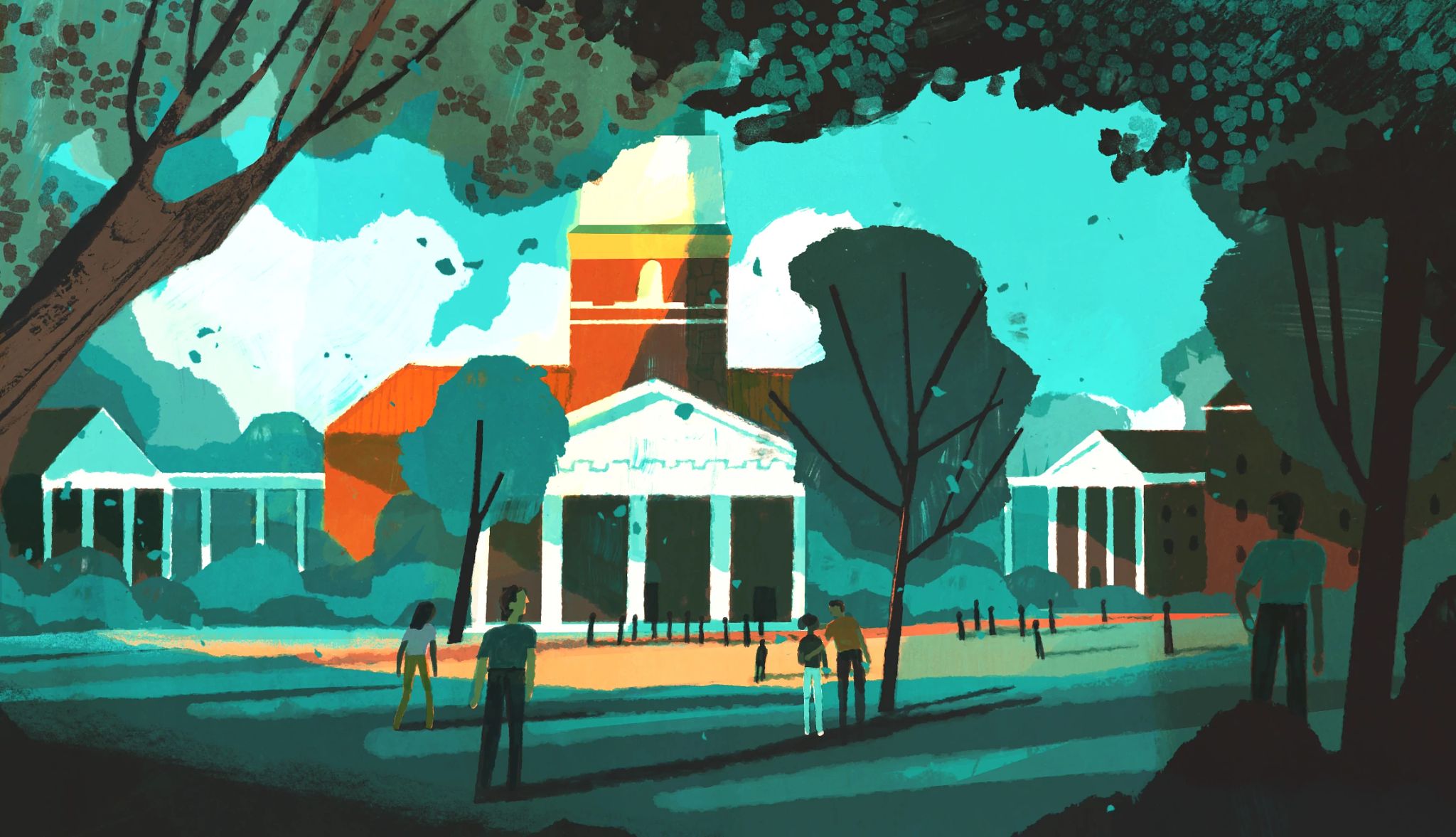
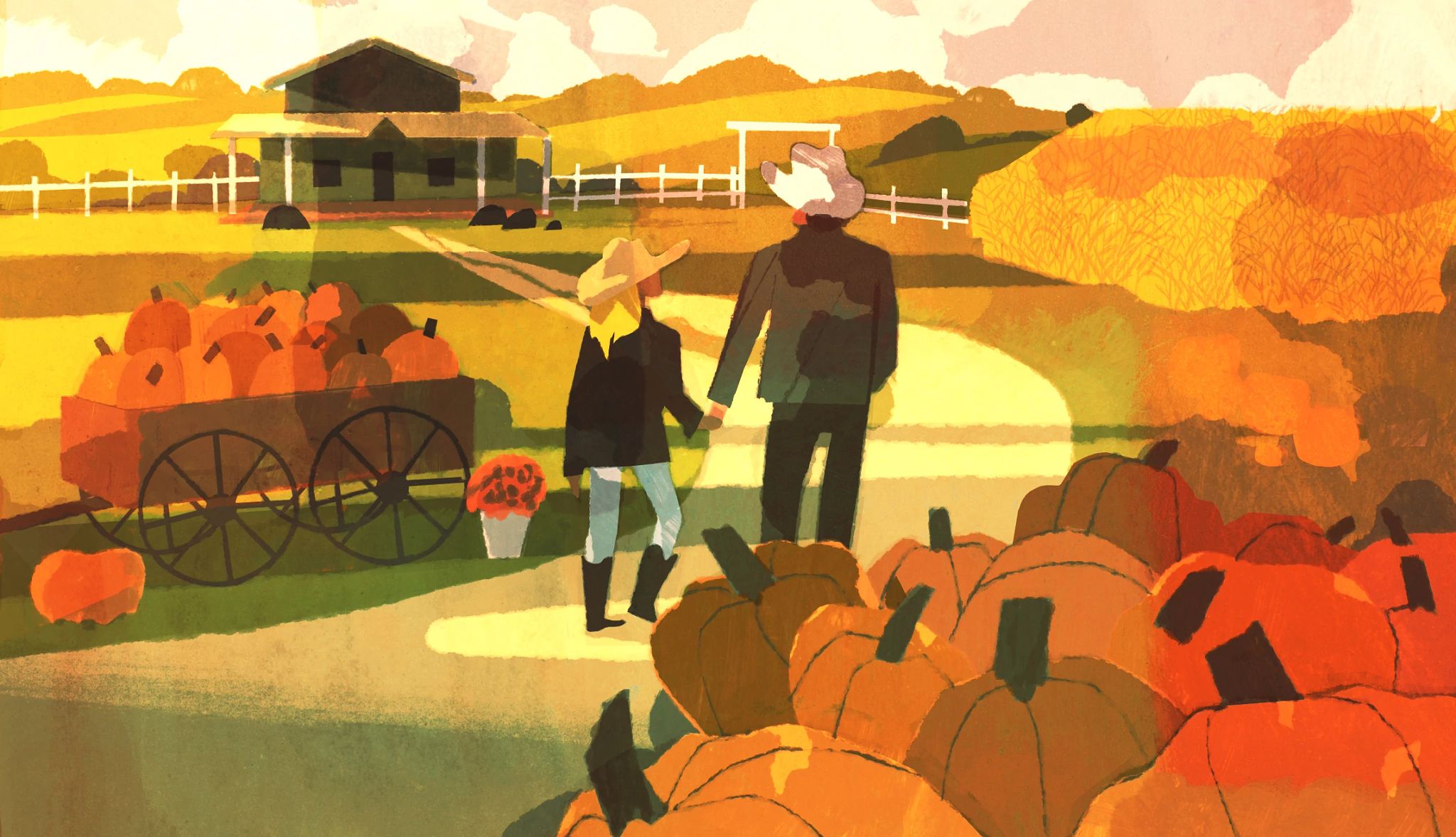
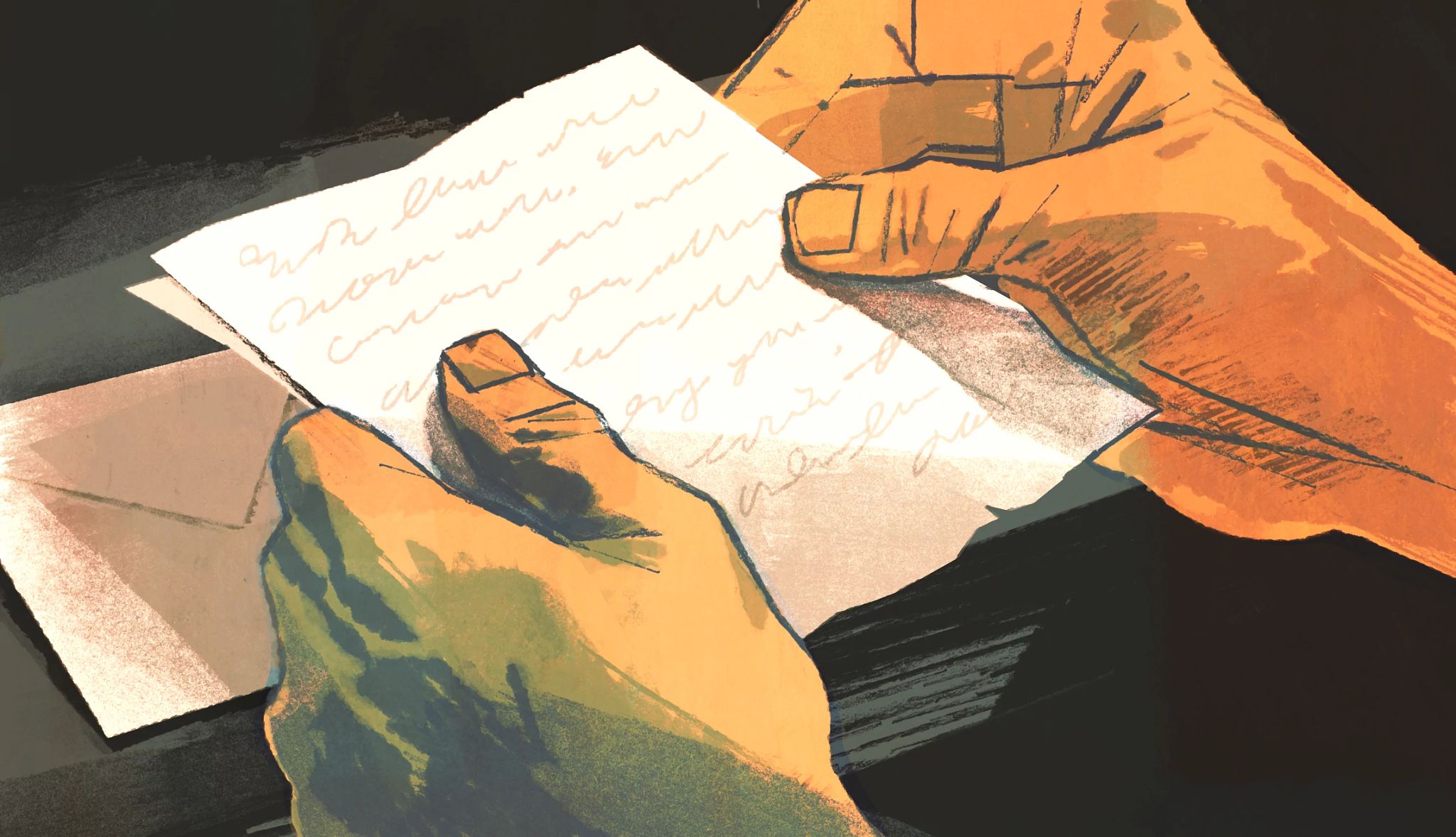


You Might Also Like
Is Nicholas Sparks as Romantic as the Leading Men in His Stories?
Author of ‘The Longest Ride’ and other best-selling novels discusses life, love and his new book, ‘Counting Miracles’
Free: ‘The Excitements’ by CJ Wray
Feel-good romp follows the law-breaking escapades of two quirky 90-something WWII vet sisters
More Free Books Online
Check out our growing library of gripping mysteries and other novels by popular authors available in their entirety
Recommended for You